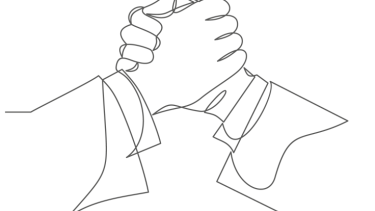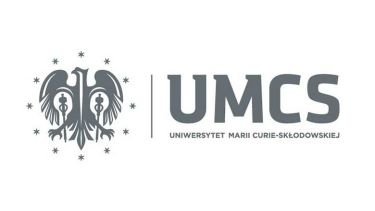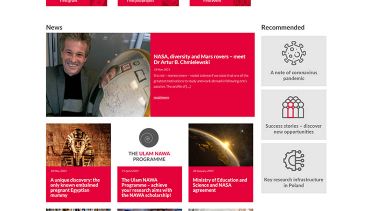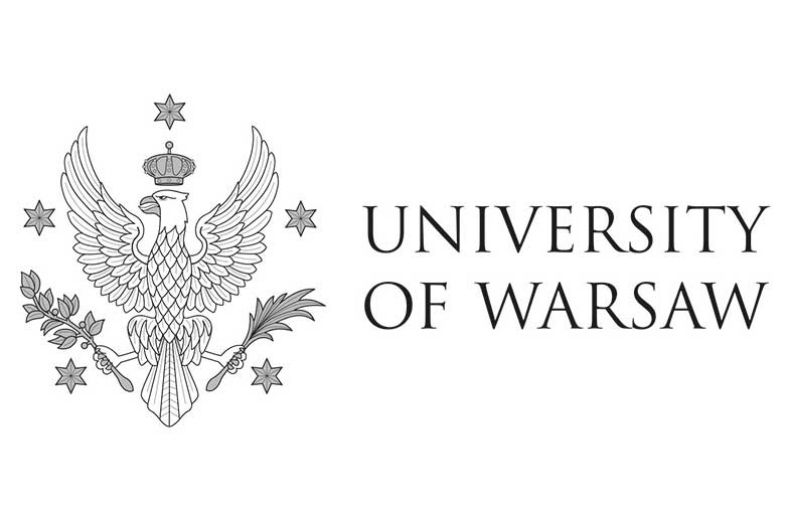
A new graduate programme offers insights into and solutions for environmental challenges
We are facing an ecological crisis on a global scale. Climate change, biodiversity loss, the impact of harmful substances and hazardous waste and the world’s growing population are among the critical challenges of the 21st century.
We need to reduce our dependence on fossil fuels and expand the production of renewable energy. We must also make cities more sustainable by increasing the level of investment in and the efficiency of urban environmental management, and to adapt to a new world in which unlimited economic growth is no longer possible. The transition into a sustainable society is no longer an option, but an obligation – and it requires qualified sustainability leaders acting on global, regional, local and institutional levels.
Sustainable development recognises that health, culture, financial prosperity and security are not separate, competing and hierarchical, but systemic and interdependent. There is growing international recognition of the importance educating people on the subject, in light of the Sustainable Development Goals (SDGs) provided by the 2030 Agenda, adopted by United Nations member states in 2015. The role of education in achieving sustainability is underlined in SDG4: Quality Education. And since most decision makers in industry, business, community and politics are university graduates, universities must play a key role in ensuring that society becomes sustainable economically, socially and environmentally.
The University Centre for Environmental Studies and Sustainable Development (UCBS) – the interfaculty unit of the University of Warsaw, a leading university in Poland – has risen to the challenge by offering a new graduate programme commencing in the academic year 2019/20.
The programme offers insights into the complexity of sustainability challenges, as well as a variety of available solutions, based on contributions from nine faculties across the university, with a combination of experts in natural and social sciences.
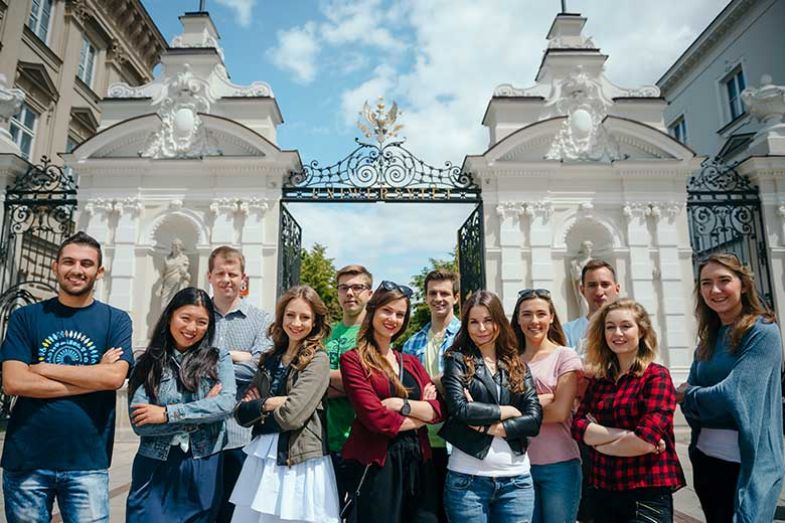
By addressing sustainability challenges and finding solutions, students will obtain knowledge, competences and skills that will enable them to lead the interdisciplinary teams developing the local, regional and institutional policies and strategies on sustainable development.
Another advantage for students who undertake the new graduate programme is that they will become part of the University of Warsaw and UCBS communities. The university is more than 200 years old and the largest university in Poland, with around 50,000 students. UCBS represents the University of Warsaw in higher education international networks such as Copernicus Alliance on Sustainability and UN Environment Programme network Global Universities Partnership on Environment for Sustainability. It is also coordinating and hosting the Regional Centre for Expertise on Education for Sustainable Development: RCE Warsaw Metropolitan programme, recognised by the United Nations University.
The result is that students will gain holistic interdisciplinary know-how and the ability to coach the transition towards sustainability. The scope for future professional career development is broad, as graduates may go on to work for international agencies, national and local authorities and NGOs. Business and industry are also increasing their demand for employees with knowledge of issues related to sustainable development – individuals who can become the sustainability leaders of tomorrow.
For more information or to apply to the programme please click here
For more information about studying in Poland, find out more about the Polish National Agency for Academic Exchange (NAWA).

